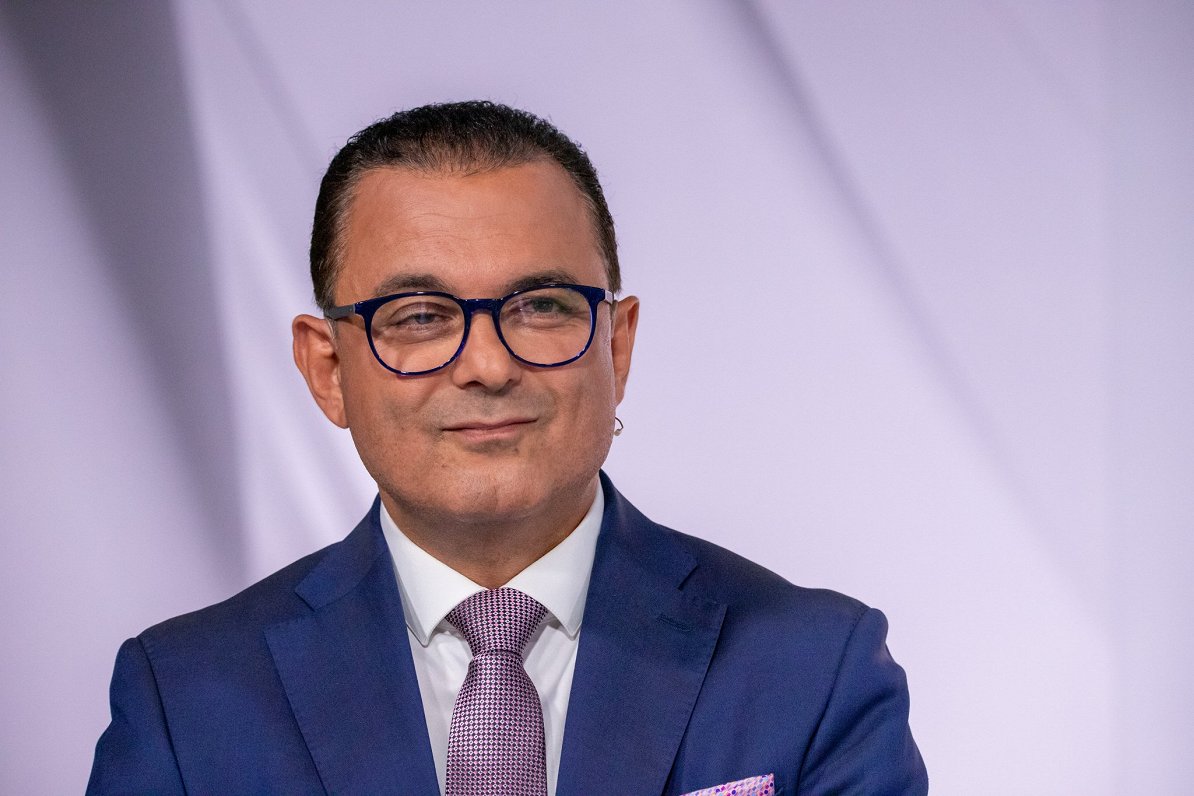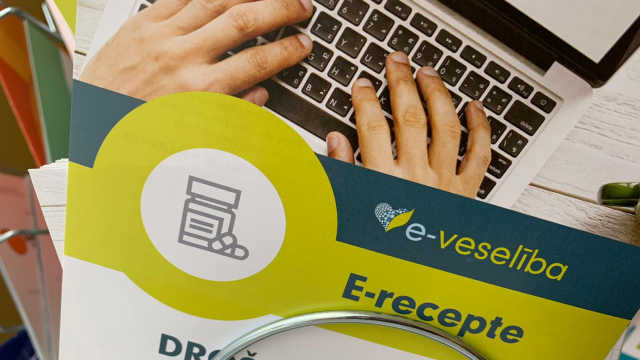The Minister said that "the creation of the database requires time and human resources", and that some EUR 36 million from European Union funds would be available at the beginning.
The creation of a single database was mentioned by Abu Meri when talking about problems in oncology care. As the minister pointed out, one of the problems is the “green corridor,” which supposedly works well, but given the Covid-19 pandemic, many patients were not diagnosed with oncological conditions on time, leading to a bottleneck of patients. As a second issue to be sorted out, Abu Meri cited the availability of reimbursable medications and the expansion of the range of medications.
As a third problem, however, the Minister emphasized the lack of a patient database.
“The oncology register is unfortunately not working,” the minister said, adding that information about patients had only been entered into it until 2017. As explained by the Minister, the absence of such a database leads to situations in which the doctor does not have access to all the information on previous examinations of the patient, including tests which often need to be repeated. This in turn leads to longer queues.
“This is why digitization in medicine is an important issue. It needs to be sorted out,“ said Abu Meri, noting that the system could also be acquired from Estonia.
“[..] All over Europe there is a health system that works normally, not as our eHealth, which is currently essentially an e-prescription,” Abu Meri said, stressing that setting up such a system would benefit patients, doctors and the state alike.





























